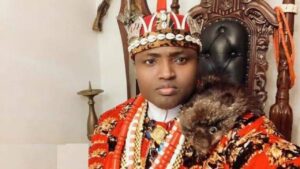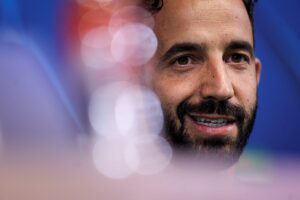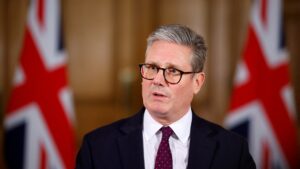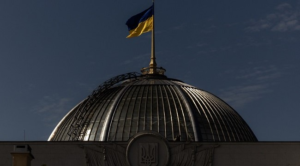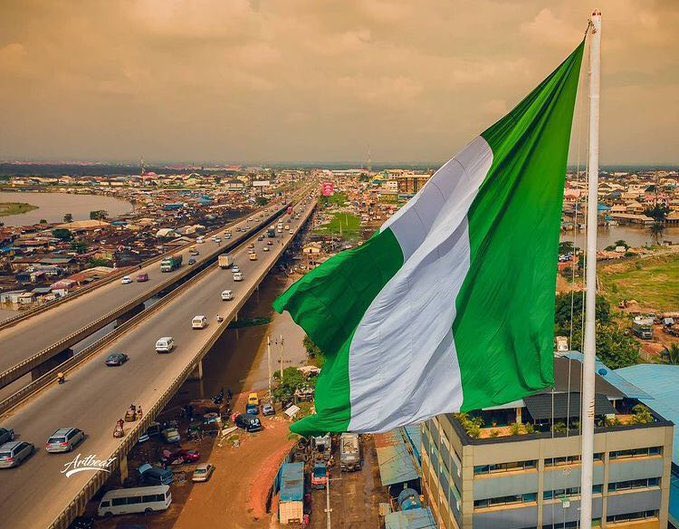
The fourth annual edition of the Digital Quality of Life Index (DQL) has reported that Nigeria ranks 86th in the world regarding digital wellbeing. That is out of 117 countries, or 92 per cent of the global population.
Out of the five fundamental digital life pillars, Nigeria’s worst score is for internet affordability (ranking 114th globally), and the best is for e-security (66th). Nigeria’s e-infrastructure services come 86th, while e-government and internet quality rank 95th and 99th, respectively. In the face of waging inflation, fixed broadband internet has become less affordable worldwide for the second year in a row, prying the global digital divide even further.
The DQL study is conducted by the cybersecurity company Surfshark. It evaluates countries based on five fundamental digital wellbeing pillars: internet quality, e-government, e-infrastructure, internet affordability, and e-security. This year, Nigeria comes at the lower end of the index, ranking 86th and only making it into the top 90 in the final index. Country ranks 7th in Africa. The country has dropped by four positions since last year’s edition, falling from 82nd to 86th. Out of all index pillars, Nigeria’s weakest spot is internet affordability, which needs to improve by 13970% to match the best-ranking country’s result (Israel).
The fourth annual edition of the Digital Quality of Life Index (DQL) has reported that Nigeria ranks 86th in the world regarding digital wellbeing. That is out of 117 countries, or 92 per cent of the global population.
Out of the five fundamental digital life pillars, Nigeria’s worst score is for internet affordability (ranking 114th globally), and the best is for e-security (66th). Nigeria’s e-infrastructure services come 86th, while e-government and internet quality rank 95th and 99th, respectively. In the face of waging inflation, fixed broadband internet has become less affordable worldwide for the second year in a row, prying the global digital divide even further.
The DQL study is conducted by the cybersecurity company Surfshark. It evaluates countries based on five fundamental digital wellbeing pillars: internet quality, e-government, e-infrastructure, internet affordability, and e-security. This year, Nigeria comes at the lower end of the index, ranking 86th and only making it into the top 90 in the final index. Country ranks 7th in Africa. The country has dropped by four positions since last year’s edition, falling from 82nd to 86th. Out of all index pillars, Nigeria’s weakest spot is internet affordability, which needs to improve by 13970% to match the best-ranking country’s result (Israel).
Nigeria’s internet quality, considering internet speed, stability, and growth, ranks 99th in the world and is 26 per cent worse than the global average. Regarding internet speed alone, Nigeria’s mobile internet ranks higher than fixed broadband in the global ranking, operating at 25.2 Mbps/s (92nd globally). Meanwhile, the fixed broadband internet comes 102nd (18.9 Mbps/s).
Compared to Kenya, Nigeria’s mobile internet is 5% faster, while broadband is of around the same speed. Since last year, mobile internet speed in Nigeria has improved by 10.8% (2.5 Mbps), and fixed broadband speed has grown by 15.9% (2.6 Mbps). In comparison, Singapore’s residents enjoyed mobile speeds up to 104 Mbps/s and fixed to as much as 261 Mbps/s – that’s the fastest internet in the world this year.

